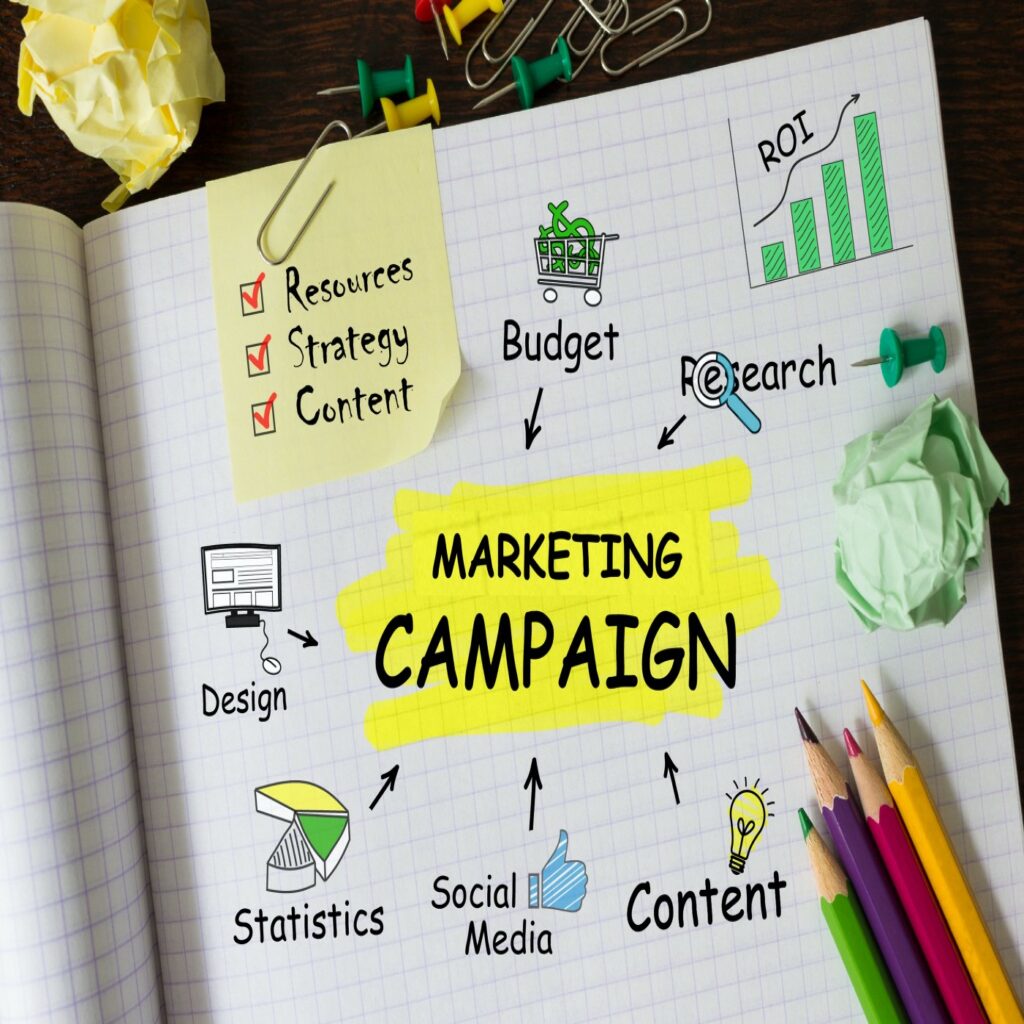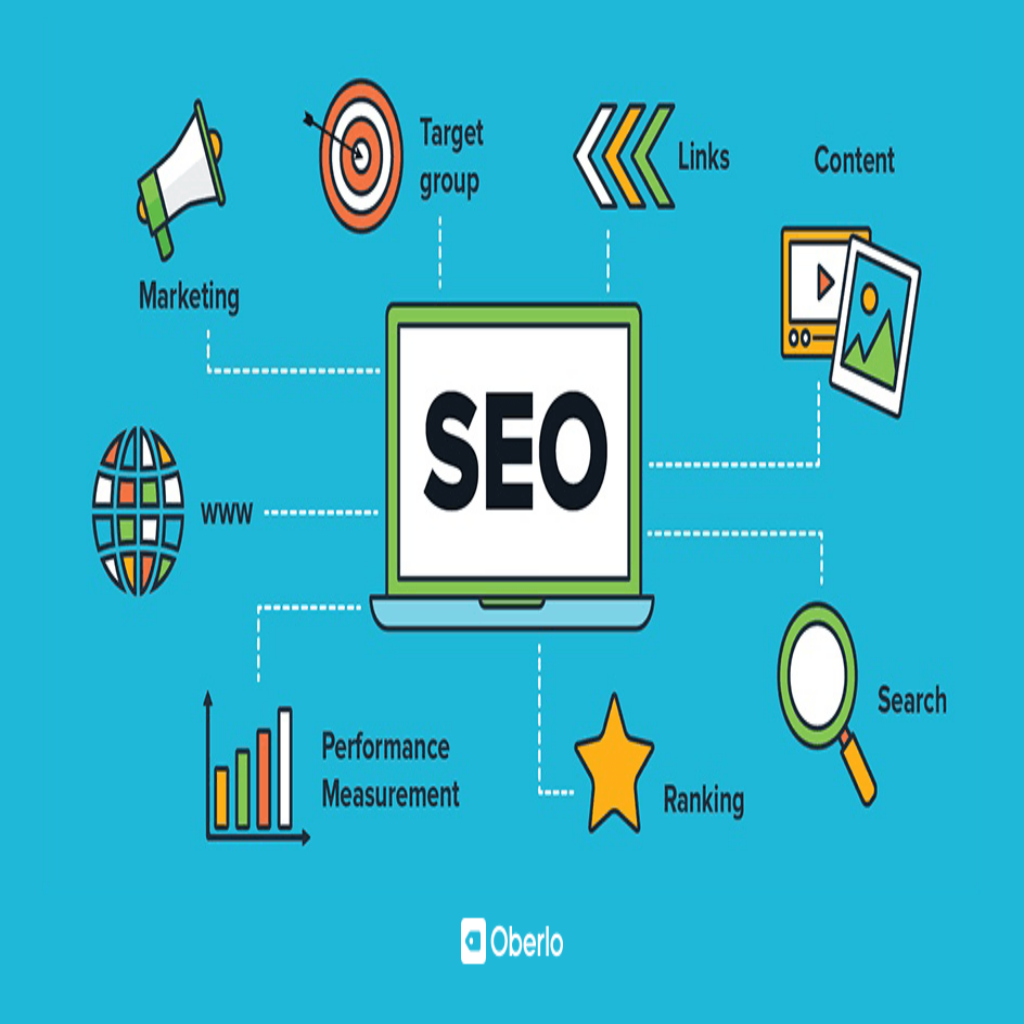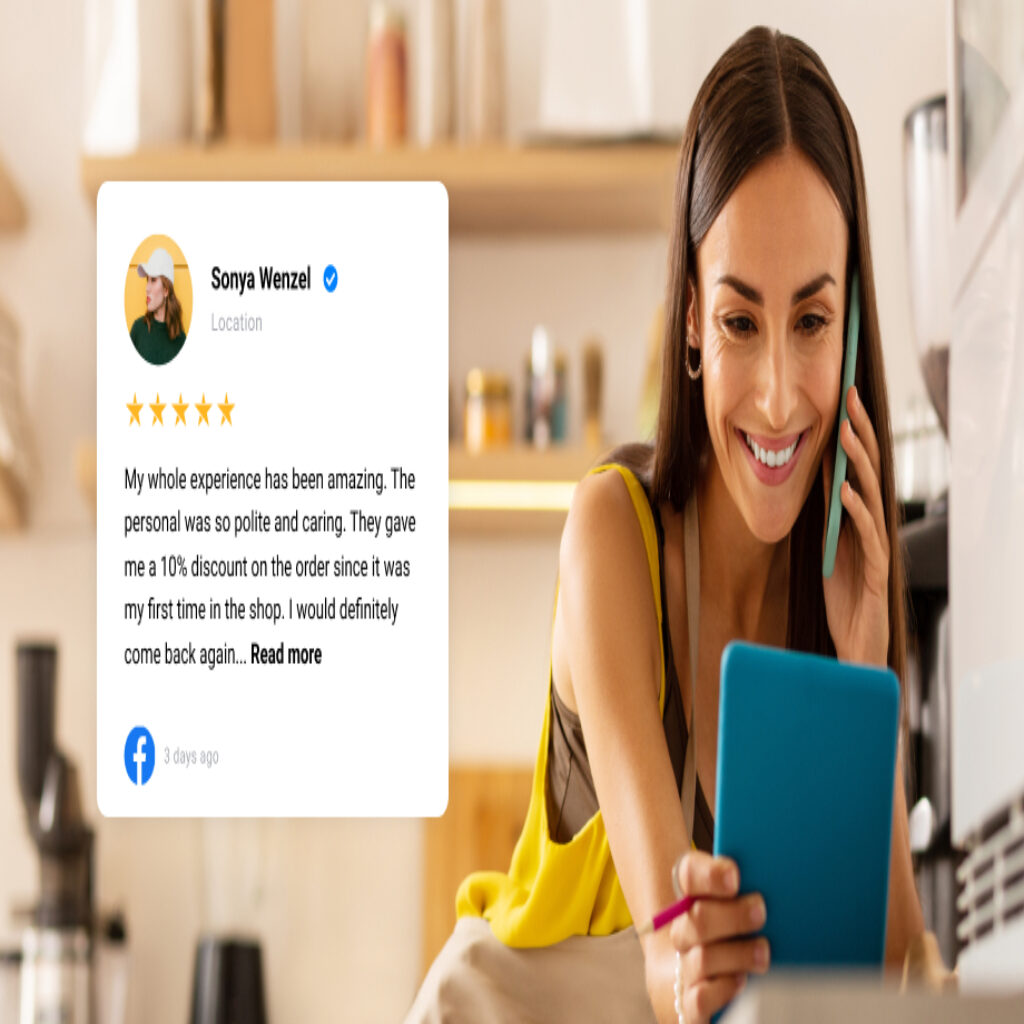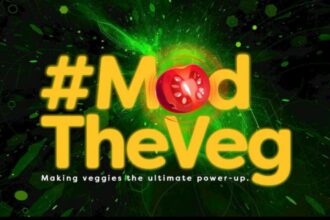Your small business’s success will significantly influence how well you market it. Marketing draws in prospects who become customers and bring in revenue. But marketing campaign encompasses more than just spreading the word about your business. Marketing refers to a company’s efforts to build a rapport with its clients. This definition is more crucial than ever because consumers are constantly exposed to advertisements, and businesses are expected to pay attention and respond.

People learn about the wonderful products you have to offer when you are actively promoting your small business. If there is no promotion, there are few chances of making money online soon. One of the best things a small business owner can do is make an effort to develop a marketing strategy. A marketing campaign plan outlines how you will successfully implement your strategy to attract your ideal clients. You can promote your small business in various ways, so selecting and concentrating on the most effective ones is important.
1. Networking
Even if your business primarily operates online, give networking a shot as part of your marketing campaign plan. As you network, remember that relationships are the secret to business success. These connections can lead to sales, referrals, and other vital business growth. Join the conference as a participant. Join a formal networking group, or introduce other local business owners to one another. Create a workshop for regional business owners. Become a member of the local business chamber. You can lease a booth for a trade show. It’s crucial to manage your time effectively and learn how to pick worthwhile activities and tactics. It would be best to exercise judgement because not everyone values the same events equally.
2. Email marketing
Simply because you convert website visitors into leads doesn’t mean those leads are ready to make a purchase just yet. It’s essential to remain in their thoughts and guide them toward purchasing. Email must be a part of your marketing campaign plan. In actuality, 73% of millennials prefer email correspondence from businesses. This strategy is a straightforward, cost-free, and scalable way to communicate with current and potential customers.

Once you have an email marketing tool, try sending emails to your database with newsletters, fresh blog posts, and other promotions. Since we know that small business owners only have a little free time to devote to digital marketing, think about using marketing automation to make this process even simpler for yourself. Start a multi-piece direct mail campaign. Create various approaches and split-test your mailings to determine impact. Include a clear and enticing call to action on each direct mail piece. Use tear cards, inserts, props, and attention-grabbing envelopes in your mailings to make an impact.
3. Advertising
Advertising and marketing are two distinct concepts that frequently need clarification. Marketing campaign refers to all actions taken to introduce your product or service to a market. Advertising is a form of marketing that involves informing the public about your product or service. The new company can promote its goods and services through radio advertisements, promotions in magazines that your target market reads, etc.
- Invest in a billboard.
- Get advertising on an appropriate website.
- Use a sidewalk sign for advertising your specials.
4. Using social media for marketing and promotion of content
You can entice customers to visit your store and influence them to buy something by providing entertaining content. However, to go beyond blatant advertising, ensure to offer the viewer or reader something relevant and helpful. Launch a podcast, host a free webinar or teleconference, or both. Send a press release to local media outlets or distribution services for press releases. To share your content everywhere, it should be repurposed. Include YouTube content, for instance, in Facebook, TikTok, or Instagram posts. Having a reliable social media presence is now necessary for small businesses market campaign plan.
Most customers look forward to being able to view updates, monitor a company’s growth, and interact with the local community. Social media support your brand identity, product promotion, client acquisition, and relationship building. You must thoroughly understand your target audience to know where to look for them and how to approach them, just like with all other forms of marketing. If you want to connect with a younger audience, make videos for TikTok. Create an Instagram account and hone your style. Create an editorial calendar for the content on your blog and social media.
5. Make content that is search engine optimized.
Online marketing tactics are often most effective when they are the simplest. That is especially true when it comes to search engine optimization (SEO), enhancing your online store. You’ll appear in search results when people actively seek information, entertainment, or a solution to a problem. Integrate SEO into your content marketing strategy to accelerate the growth of your small business. When writing a blog post, focus on low-competition keywords directly related to your products to search engine optimization (SEO). Integrate SEO into your content marketing strategy to accelerate the growth of your small business. When writing a blog post, focus on low-competition keywords directly related to your products.

Choose those who will face the least opposition for the greatest chance of success. Correct an issue that your audience is experiencing. Write a guest post for a renowned industry publication. Share your current clients’ experiences so that prospective clients can imagine themselves in their position. Make sure to optimize your website and other online content with SEO. Start a pay-per-click advertising campaign using Google or Facebook Ads. Identify social media influencers to collaborate with on using their fan bases for promotional posts. Post a video blog to put a face to the name. Upload a video to YouTube. Your website’s configuration for Google Analytics. Observe new trends, such as those in social media platforms or tools.
6. Competitions, discounts, and rewards
People love receiving discounts and gifts. If you can convey the serotonin boost associated with winning a contest or receiving gifts, you’ll win over a new supporter. Since Coca-Cola first issued a coupon in 1887, it has used discount codes. Start a competition. Make a coupon public. Make an incentive scheme for “frequent buyers.” Create a programme to recognize brand ambassadors or customers.
- Create a monthly “customer of the month” programme.
- Offer a sample without charge.
- Launch an affiliate programme.
Free trials can change the game for start-up companies. This gives potential customers a chance to test out your service for a short time without paying. In addition, businesses can use these techniques in their marketing plans to increase sales.
7. Blogging
To increase traffic to your website, consider blogging. Blogging is a great way to increase organic traffic for those prospects who have yet to purchase. It can also help you establish credibility and become a thought leader in your industry. To start a blog, you can create a free website using one of their templates and a cheap or free website builder. Even if you only post once a week, doing so will improve your website’s online visibility and let potential customers know why working with you is advantageous. Once you start writing, you can add a call-to-action to each post to nudge readers toward subscribing to your blog and email updates. This is an excellent way to generate leads and give potential customers a way to get information if they aren’t ready to buy from you yet. Promoting oneself on social media.

8. Encourage customers to review
Another clever way to use social media for marketing your small business is through user-generated content (UGC), which 79% of consumers say has a significant impact on their purchasing decisions. A happy customer praising your product or service on social media or a review website seems like a smart investment. Even on social media, word of mouth still greatly impacts a person’s purchasing decision.
If a potential customer sees a friend raving about your business on Facebook or sees them post an Instagram photo of food from your restaurant, they may be more likely to visit. The likelihood of consumers purchasing has increased by 71% due to social media recommendations.
Customers should be encouraged to leave a social media product review. If you have a physical store, you can also post signs with the handles of your accounts so that visitors will know who to tag if they post pictures of your products online. Encourage your existing customers to post images, videos, and testimonials about how they’ve used your products. Check frequently for posts people have unintentionally shared on social media using your brand’s name or a hashtag.

Your current customers are your closest allies. They are the consumers who have made purchases as a result of seeing your current market campaign strategy. Use them as a starting point when coming up with new marketing ideas. Inquire about their opinions of your product, how they found you, and what led them to buy it. Apply these insights to your social media profiles, landing pages, and product descriptions to add customer testimonials.
9. Give influencers free merchandise
The influencer marketing sector is very profitable. 87% of consumers consider social media influencers’ recommendations when making purchase decisions. So it is not surprising that brands will invest $4.62 billion in influencer marketing by 2023. A cheap marketing tactic is to offer influencers free goods rather than paying them to promote your product. Even though there is no guarantee that the items you send will be shared, the costs of product manufacturing and shipping are minimal to bear if an influencer promotes your small business to their loyal following. Your chances of them opening your gifts will rise if they enjoy the unboxing process. For example, Lume Cube creates versatile lighting solutions. Its product naturally fits professional photographers and remote workers that need lighting for video calls. That’s why Lume Cube targeted influencers with these characteristics and has seen remarkable results through its influencer marketing campaign programme.
Also Read: Important Marketing Campaign Phases
Conclusion
Marketing is the most exciting business department. It is essential to every successful business. It is constantly changing due to the influx of information, the development of technology, and the fierce competition that exists. A marketing campaign strategy supports every business strategy. Your ability to think clearly and effectively about the best marketing strategies and regularly modify and improve your operations are the keys to your company’s success. Fortunately, like any other business skill, marketing can be learned through repetition, experimentation, and many failures. Repeated testing is the key.















